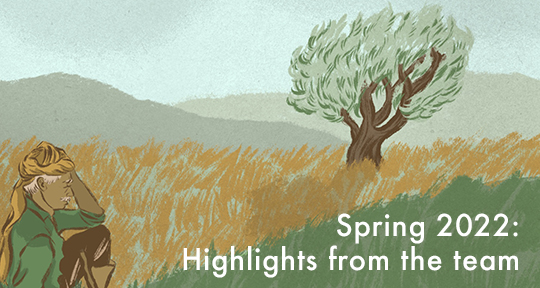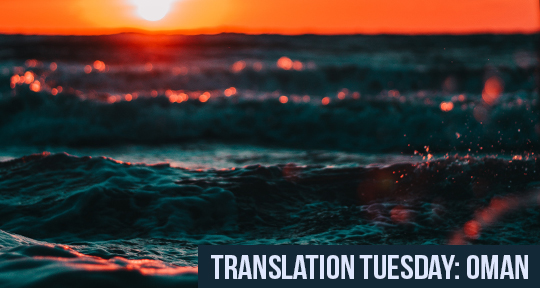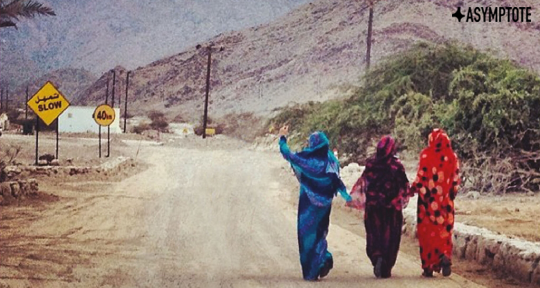In this week of literary news, our editors on the ground are bringing stories of triumph, mourning, and commemoration. In Kenya and Ghana, readers mourn the loss of pioneering feminist author Ama Ata Aidoo; in Canada, a Quebec initiative supports readers in finding more books by Indigenous writers; and in Oman, a lauded author brings home the prestigious International Prize for Arabic Fiction. Read on to find out more!
Wambua Muindi, Editor-at-Large, reporting from Kenya
The end of May seemed to position itself as a direct communication to geo-literary production history; on May 27, a bilingual anthology of East African short stories, The Heart is A Bastard, launched at the Goethe Institut Library, Nairobi. Edited by Elias Mutani and Zukiswa Wanner, the collection is a result from the Kenyan writing workshop under the auspices of the Univerity of East Anglia International Chair in Creative Writing. The inaugural chair for Africa, Zimbabwean author Tsitsi Dangaremba, expressed her delight over the launch, which includes stories in English and Swahili translations. Some of the emerging writers featured in the anthology include Gladwell Pamba—from whose story the anthology’s title is taken, Fatma Shafii, Nyasili Atwetwe of Writers Space Africa Kenya, Charlie Muhumuza, Noella Moshi, and Sia Chami. The anthology not only holds space for these writers but also represents the creative breadth of the region, while simultaneously embedding a language politics given its bilingual character.
However, this joy was dislodged by the unfortunate news of a writer’s death. On May 31, Ama Ata Aidoo, the Ghanaian author of Our Sister Killjoy (1977), a pioneering feminist novel, died at the age of 81. As such, Africa is mourning; Ghana is mourning and Kenya, too, is mourning the novelist, playwright, short story writer, and committed radical feminist, who wrote to assert the agency of African women within literary history. As reverential eulogies have been paraded across the world, the Kenyan literary community joined in the outpouring of grief in a country where her influence not only transcends her writing, but is also compounded by a teaching stint she had at the then named Kenyatta College, now Kenyatta University, as well as the literary contributions of her Kenyan-born daughter, Kinna Likimani. Where Austin Bukenya, a leading East African scholar of English and literature, for instance, dubbed her “Queen of African literature”, Mukoma wa Ngugi, the author of Nairobi Heat and son to Ngugi Wa Thiong’o, sees her as a “pillar” without which “the African literary tradition wobbles”. While Joyce Nyairo, an academic and a cultural analyst, references the short story “Something To Talk About On The Way To The Funeral” as praise of her storytelling genius, Yvonne Owuor lamented, in proper proverbial fashion: “A great, and giant tree that sheltered many beings has fallen”. Moreover, her writings, which among others, include The Dilemma of a Ghost (1965), No Sweetness Here (1969), Anowa (1970), and Changes (1991) cut across the genres to show the depth of her imaginative oeuvre and demonstrate the commitment—in different but related ways—to the African woman’s cause, through literature and in society. Rest in Power Mama. READ MORE…








